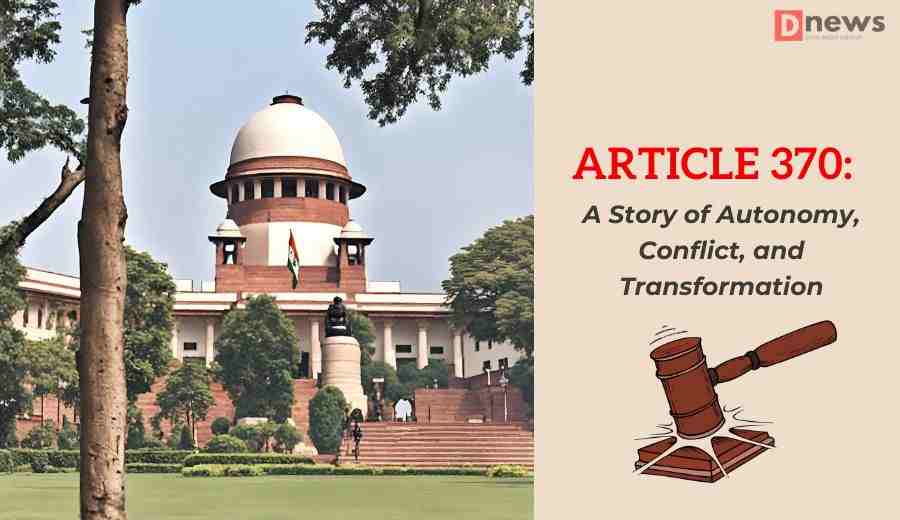Article 370: A Story of Autonomy, Conflict, and Transformation

Article 370, a single line in the Indian Constitution, has sparked immense debate and shaped the political geography of Jammu and Kashmir for over seven decades. Its cancellation in 2019 remains a contentious decision, leaving behind a complex heritage and numerous questions.
Understanding the Origins A Special Status Granted
Following India’s independence in 1947, the kingly state of Jammu and Kashmir faced a unique situation. Maharaja Hari Singh, the sovereign, originally dithered to join either India or Pakistan. This led to the Indo-Pakistani War of 1947, eventually resulting in a division of the state and the accession of the Indian- administered portion under Article 370.
The substance of Article 370 Limited Autonomy and Special Vittles
Article 370 granted Jammu and Kashmir a unique status within India. It allowed the state to have its constitution, flag, and distinct legislative powers. still, certain crucial areas like defense, foreign affairs, and communication remained under the horizon of the Indian Parliament. This special status aimed to address the literal and artistic particularity of the region, while maintaining its integration with India.
A Heritage of Conflict and Contestation
Despite its willed purpose, Article 370 became a subject of violent debate and conflict. Some saw it as a symbol of autonomy and identity for Kashmiris, while others viewed it as a manacle to complete integration with India. This disagreement fueled separatist movements within the state, leading to decades of violence and political uneasiness.
Cancellation is A Controversial Decision with a Lasting Impact
In 2019, the Indian government abandoned Article 370, a move that transferred shockwaves across India and internationally. The decision was met with demurrers and reviews from colorful diggings, raising enterprises about the corrosion of indigenous autonomy and popular rights. While sympathizers of the cancellation argued that it was necessary for public security and integration, critics saw it as a violation of trust and a step towards assimilation.
Moving Forward Navigating a Complex Landscape
The cancellation of Article 370 has altered the political geography of Jammu and Kashmir. While the long-term counteraccusations are still unfolding, the region faces new challenges and misgivings. The government has promised to grant lesser autonomy within the frame of the Indian constitution, but the path towards conciliation and stability remains delicate.
Beyond the Captions A Need for Understanding and Dialogue
The story of Article 370 isn’t simply a legal or political bone. It’s deeply intertwined with the history, identity, and bournes of the people of Jammu and Kashmir. Moving forward, it’s pivotal to move beyond simplistic narratives and engage in open dialogue. Understanding all stakeholders’ complex perspectives and enterprises is essential for achieving a continuing result that addresses licit grievances and fosters a future of peace and substance for the region.
Article 370’s heritage remains queried, and its impact still unfolding. While the decision to drop it has generated significant debate, it’s vital to flashback that the story is far from over. Engaging in nuanced dialogue, admitting different perspectives, and prioritizing the wealth of the people of Jammu and Kashmir are pivotal ways to navigating this complex geography and chancing a path toward a brighter future for the region. (For more…)




